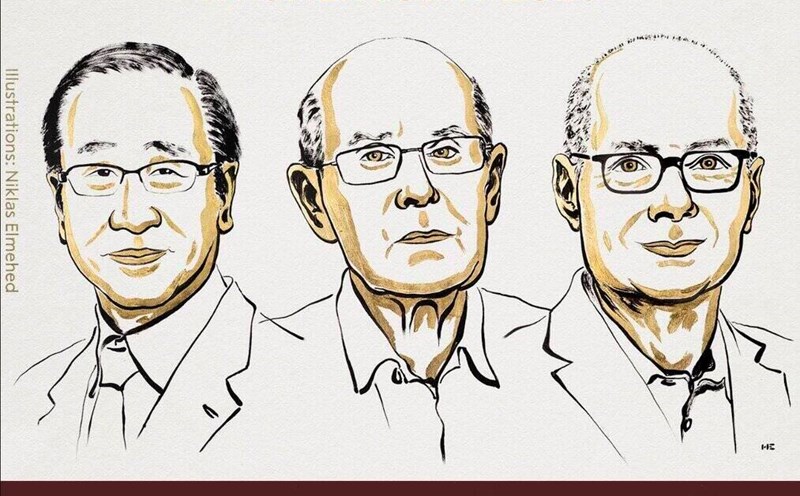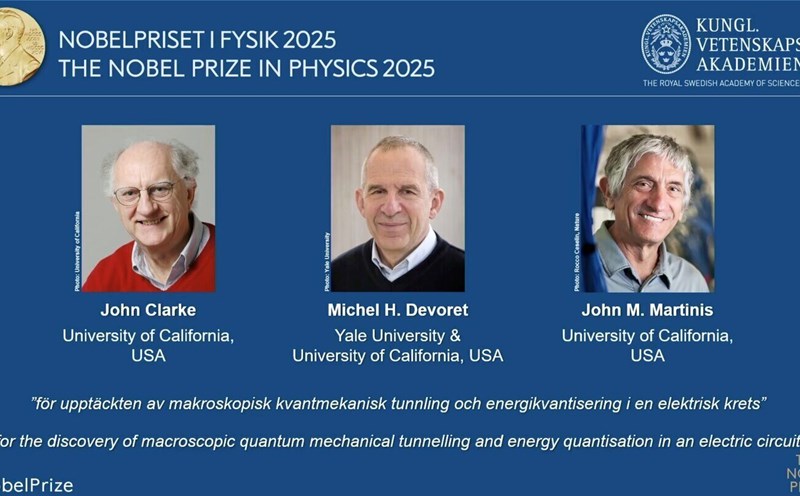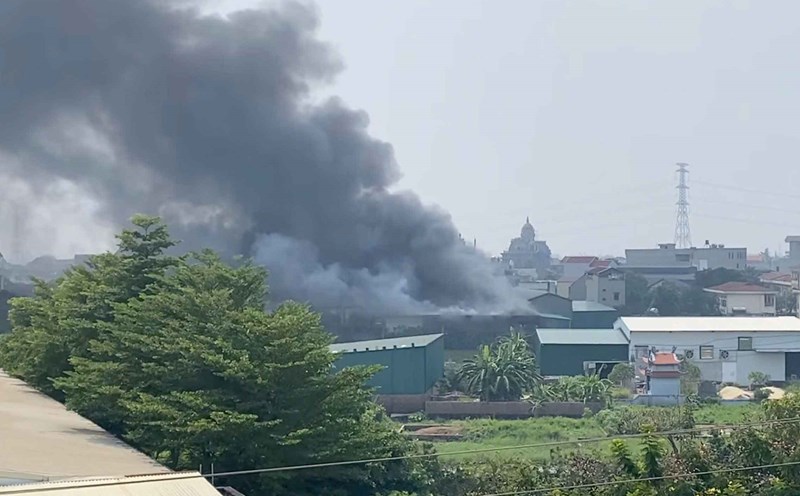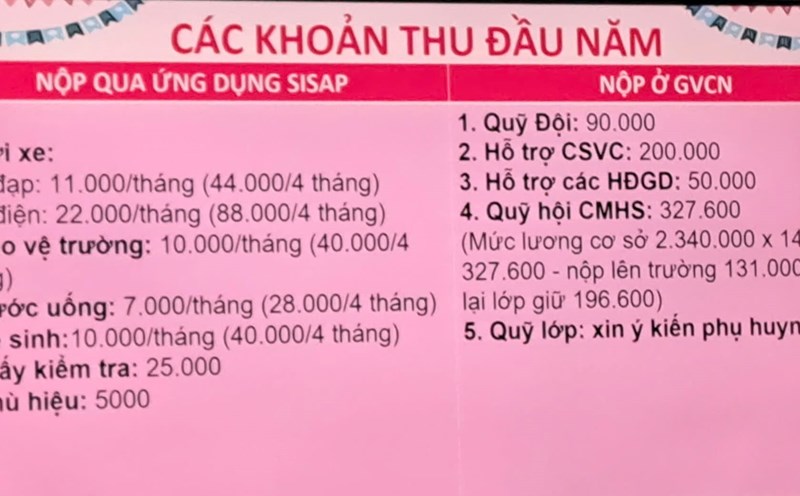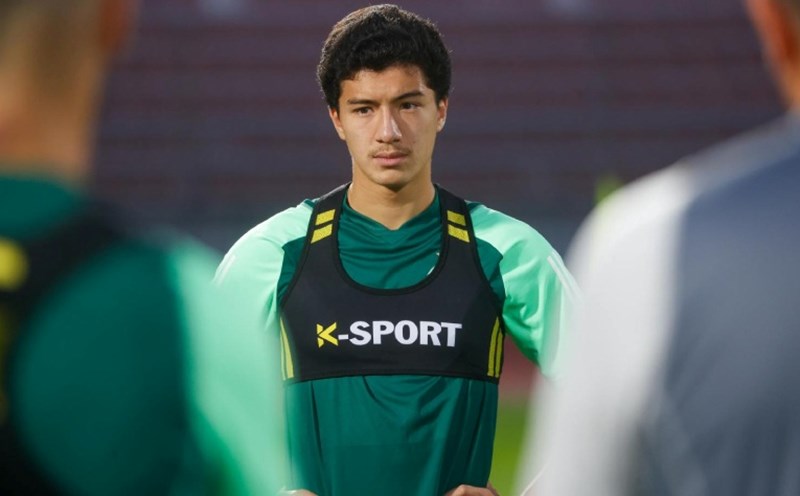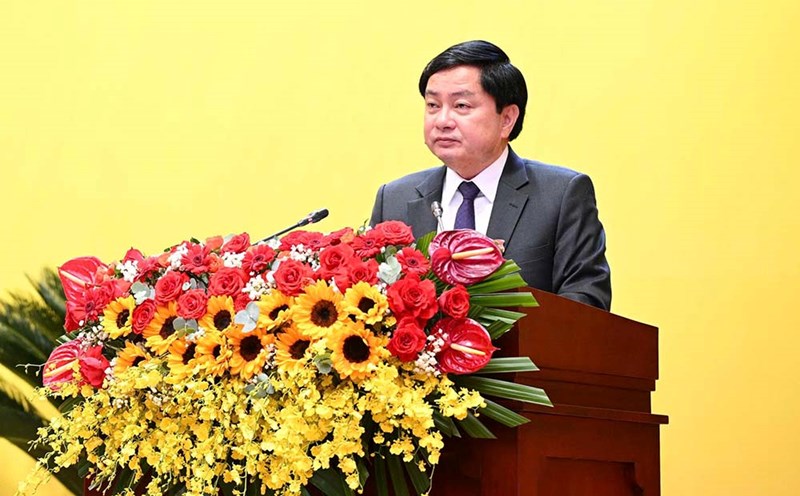On October 9, the Swedish Academy honored Laszot Krasznahorkai, a Hungarian writer, with the 2025 Nobel Prize in Literature.
According to the Institute's announcement, writer Krasznahorkai was awarded the "for outstanding lyrical style" award - a way of expressing art rich in images and emotions, where deserted scenes and worries are blended, opening up "spiritual scenes" in the composition.
Mr. Krasznahorkai was born in 1954, the author of many works highly appreciated by international readers such as Satantango, The Melancholy of Resistance and seiobo There Below (Seiobo below). He is known for his long writing style, continuous inner monologue passages, sometimes stretching across many pages, where the character struggles with a world full of pressure, chaos and the desire to find deep meaning.
The Nobel Prize notes that Krasznahorkai not only creates a rare literary experience but also stimulates readers to look deep into the surface of reality. His poems often contain a enduring silence, an in-depth look at the scenery and human soul - where beauty and tragedy intertwine.
Writer Krasznahorkai's win this year marks him the second Hungarian to win the Nobel Prize in Literature, after writer Imre Kertesz - winner in 2002. When he heard the news of being awarded, Mr. Krasznahorkai expressed to Hungarian radio that he felt very surprised but deeply grateful.
Before it was published, writer Krasznahorkai rarely appeared in important predictions of the international literary community - making this year's Nobel Prize decision considered a choice that focuses on artistic values more deeply than the popular trend. Many critics believe that his selection is an affirmation that the Nobel Prize still has room for different and elaborate voices.
The 2025 Nobel Prize in Literature is named in the middle of this year's Nobel Prize series - before the awards for Chemistry, Physics and then the Nobel Peace Prize.
Mr. Krasznahorkai's literary style - both hard to approach but containing depth - will be a bridge for readers inside and outside Hungary to once again explore the power of language.

